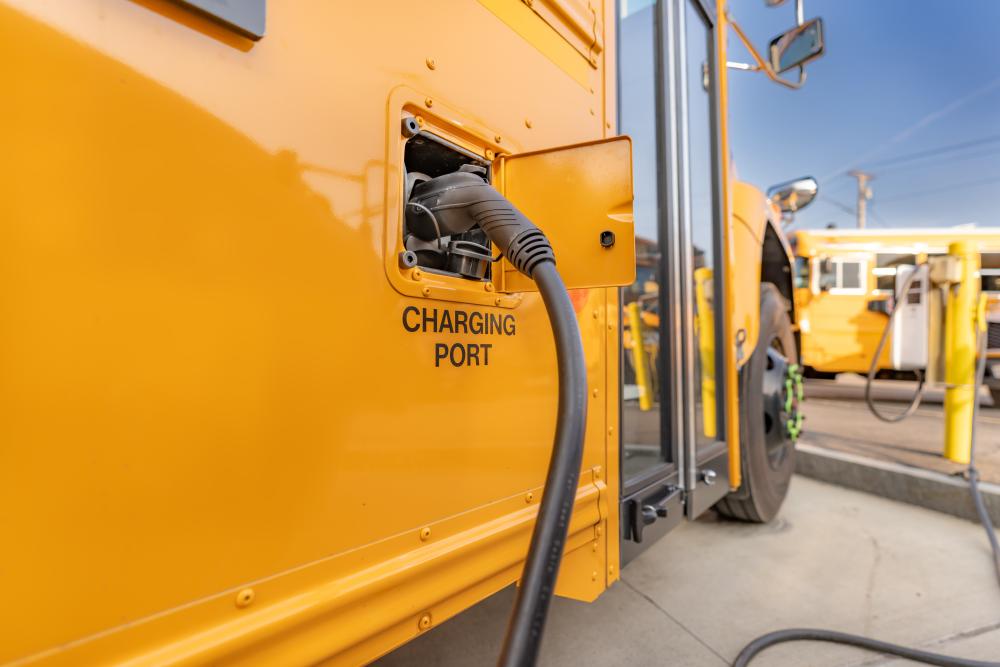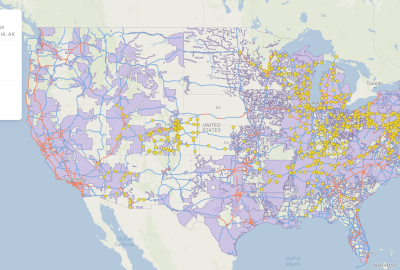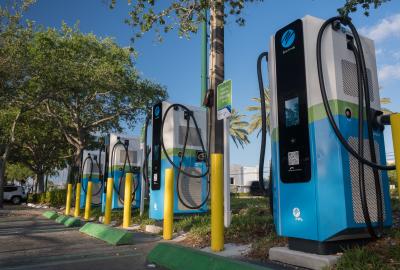
Exelon, in partnership with EEI, CALSTART, EPRI, Clean Energy Works, and World Resources Institute, published a white paper examining how electrifying school bus fleets can deliver a wide range of benefits to customers, communities, and the energy grid.
Replacing all U.S. diesel school buses with electric school buses would avoid about 9 million metric tons of greenhouse gas emissions per year, which is the equivalent of removing 2 million cars from roads.
Exelon is a member of the National Electric Highway Coalition, which supports the deployment of public EV fast chargers along major U.S. roads to make long-distance travel seamless and convenient for EV drivers.
“School bus electrification has the potential to transform the energy grid by providing stability, capacity, and emergency power when needed, but most importantly, this change will transform the lives of the students we serve as well,” said Exelon Chief Strategy and Sustainability Officer Sunny Elebua. “At Exelon, we are committed to sustainable progress, particularly in communities where there are marked disparities such as air quality. We are proud of this study and the opportunity to address disparities and foster healthier communities.”
More than 30 school districts across Exelon's territories have been awarded $190 million in funding to electrify more than 500 buses through programs under the Bipartisan Infrastructure Law and Inflation Reduction Act. One of those programs is the Environmental Protection Agency’s (EPA’s) Clean School Bus Program, which will allocate a total of $5 billion over a five-year period to accelerate the replacement of diesel school buses with zero- to low-emission models.
“EEI and our member electric companies are committed to working with the EPA, local communities, and other stakeholders to help streamline the adoption of electric school buses, particularly when it comes to evaluating and planning for the enabling charging infrastructure,” said EEI Senior Director of Electric Transportation Kellen Schefter.
The white paper serves as a guide for public utility commissioners, policymakers, and school bus operators to reduce common barriers to adoption and ensure an equitable transition. The electric power industry is well-positioned to take a leading role in facilitating and accelerating this important market transformation and ensuring the benefits reach customers and communities in an equitable way.


